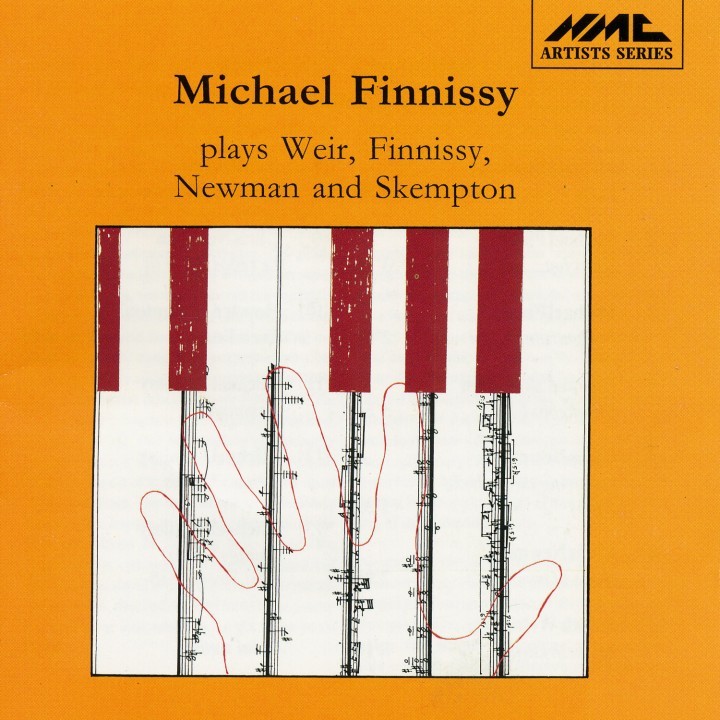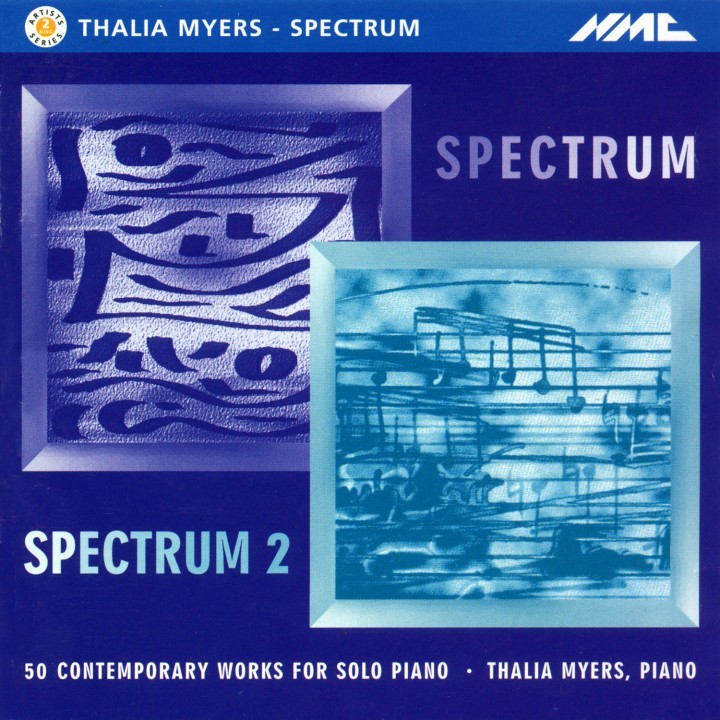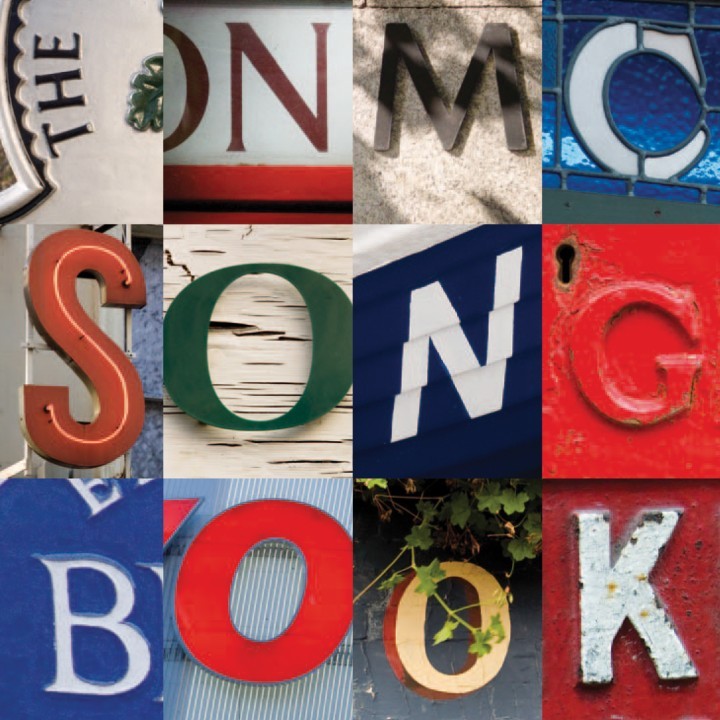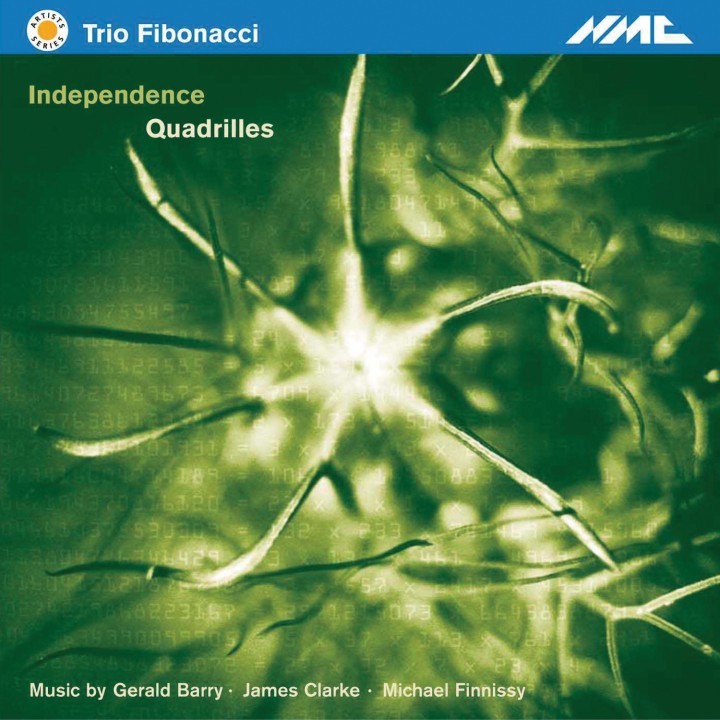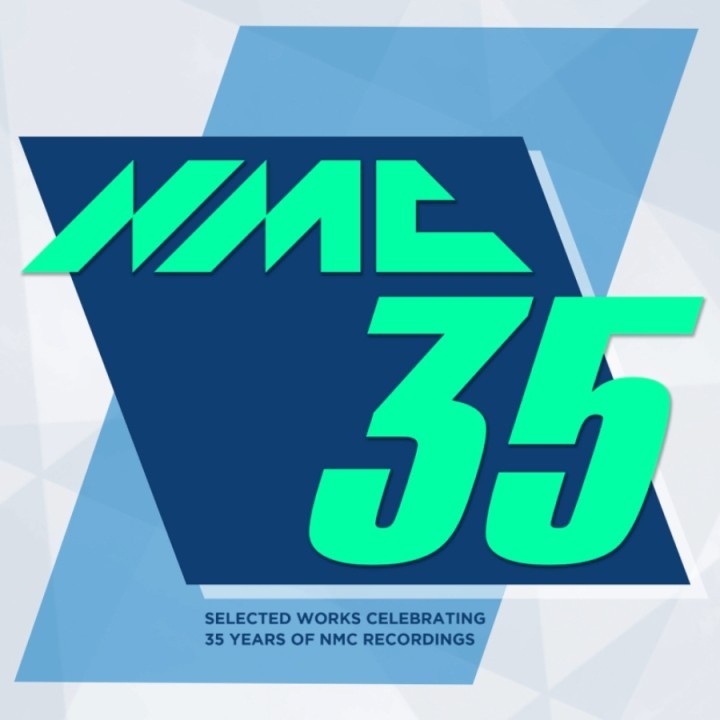Michael Finnissy
Michael Finnissy was born in the London Borough of Lambeth in March 1946. He was self-taught until 18, listening to Antony Hopkins' Talking about Music on the radio on Sunday afternoons, and visiting libraries. He was awarded a Foundation Scholarship to the Royal College of Music, where he studied composition with Bernard Stevens and Humphrey Searle, and piano with Edwin Benbow and Ian Lake, he then studied in Italy with Roman Vlad.
He played for classes and taught Music at the London School of Contemporary Dance, and then at Chelsea School of Art, Winchester College and Dartington Summer School. He was also musician in residence to the Victorian College of the Arts in Melbourne, and to the City of Caulfield in Australia. He has worked with the East London Late Starters’ Orchestra, and CoMA (Contemporary Music for All) since their inception in the mid-1980s. In 1990 Finnissy was appointed President of the International Society for Contemporary Music, re-elected in 1993 and made an honorary member of the ISCM in 1998. In 1999 he was appointed Senior Fellow of the KBC ‘chair in New Music’ at the Catholic University of Leuven in Belgium, and later that year was made Professor of Composition at the University of Southampton.
He has been featured composer at the Huddersfield, Bath, and Almeida Festivals, at Harvard’s Gay and Lesbian Caucus, at the Sydney Mardi Gras, at Spectrum (New York), at the Summer Institute of Contemporary Performance Practice in the New England Conservatory (Boston), ‘Time of Music’ in Finland, the Borealis Festival in Bergen (Norway) and at ‘Finnissy Weekends’ in Maastricht, and for the BMIC Cutting Edge.
He has written three evening-length stage-works for small forces: Undivine Comedy (for 2 singers, actor and ensemble), Thérèse Raquin (for 4 singers and piano), and Mankind (for baritone, 5 actors, 5 musicians and small chorus), a large number of songs and solo instrumental works, choral music, music for string quartet, piano trio and piano quartet, five piano concertos, and five ‘epic’ cycles for solo piano: Verdi Transcriptions, Gershwin Arrangements, Folklore, The History of Photography in Sound, and the 4-volume Klavierübung.
Michael Finnissy was born in the London Borough of Lambeth in March 1946. He was self-taught until 18, listening to Antony Hopkins' Talking about Music on the radio on Sunday afternoons, and visiting libraries. He was awarded a Foundation Scholarship to the Royal College of Music, where he studied composition with Bernard Stevens and Humphrey Searle, and piano with Edwin Benbow and Ian Lake, he then studied in Italy with Roman Vlad.
He played for classes and taught Music at the London School of Contemporary Dance, and then at Chelsea School of Art, Winchester College and Dartington Summer School. He was also musician in residence to the Victorian College of the Arts in Melbourne, and to the City of Caulfield in Australia. He has worked with the East London Late Starters’ Orchestra, and CoMA (Contemporary Music for All) since their inception in the mid-1980s. In 1990 Finnissy was appointed President of the International Society for Contemporary Music, re-elected in 1993 and made an honorary member of the ISCM in 1998. In 1999 he was appointed Senior Fellow of the KBC ‘chair in New Music’ at the Catholic University of Leuven in Belgium, and later that year was made Professor of Composition at the University of Southampton.
He has been featured composer at the Huddersfield, Bath, and Almeida Festivals, at Harvard’s Gay and Lesbian Caucus, at the Sydney Mardi Gras, at Spectrum (New York), at the Summer Institute of Contemporary Performance Practice in the New England Conservatory (Boston), ‘Time of Music’ in Finland, the Borealis Festival in Bergen (Norway) and at ‘Finnissy Weekends’ in Maastricht, and for the BMIC Cutting Edge.
He has written three evening-length stage-works for small forces: Undivine Comedy (for 2 singers, actor and ensemble), Thérèse Raquin (for 4 singers and piano), and Mankind (for baritone, 5 actors, 5 musicians and small chorus), a large number of songs and solo instrumental works, choral music, music for string quartet, piano trio and piano quartet, five piano concertos, and five ‘epic’ cycles for solo piano: Verdi Transcriptions, Gershwin Arrangements, Folklore, The History of Photography in Sound, and the 4-volume Klavierübung.
Recordings by this composer
RecordingsCompilations with this composer
CompilationsRelated composers
Related composersMusic Map
Discover more about the classical music of today with NMC's Music Map, and exciting and educational online tool which enables you to see and hear the connections between composers, their teachers, pupils, influences and their works.
Music Map





